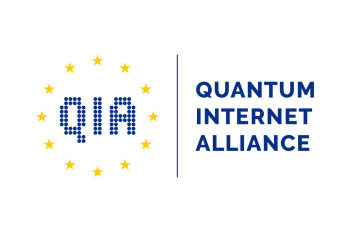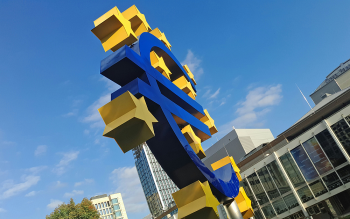On October 12th afternoon, the European Parliament's Panel for the Future of Science and Technology (STOA) organized an event on “Quantum and chips: Developing European industrial capabilities in quantum technologies”.
This event gathered policymakers and quantum experts from research, industry and investments to discuss the state-of-art of quantum in Europe and future development. Representing the next step for Europe, the Chips Act was the central theme of the event with quantum being part of it.
Margrethe VESTAGER, European Commission Executive Vice-President said "Quantum technologies will greatly benefit from the Chips Act […]. The EU is among the leaders when it comes to investment in quantum and recently the Nobel Prize rewarded two European quantum scientists. […] We have to keep investing in research and innovation and build bridges between research and industry."
The quantum expert’s panel demonstrated this amazing success by illustrating development in quantum software and hardware but also the need for public and private investment in quantum to be able to compete with international competition. The panel also emphasized the potential of quantum in the future and the willingness of the quantum community, whether from research or industry, to develop all quantum fields and position Europe as a leader.
Laure LE BARS, President of the European Quantum Industry Consortium (QuIC), stated that the future quantum computing market potential is a trillion euros industry, way more than its size today. And Olivier TONNEAU, partner of Quantonation – the first VC fund dedicated to quantum technologies –, added "Europe cannot afford to miss the quantum revolution: it is a unique economic opportunity and it represents a sovereignty issue. […] Europe can compete with China and the US, but will need a supranational approach.”
The conclusion is that quantum technologies are in perpetual development, in Europe and worldwide. To be at the forefront of the worldwide race, Europe has to keep investing in research and industry and maintain a healthy competition. Summarizing this, Christian EHLER, MEP and STOA chair said “Setting up the Quantum Flagship has been risky – a budget of 1bn Euros – but it has been an amazing success story, the research, the ambition... The Chips Act now represents a willingness to get this into the next dimension.”



